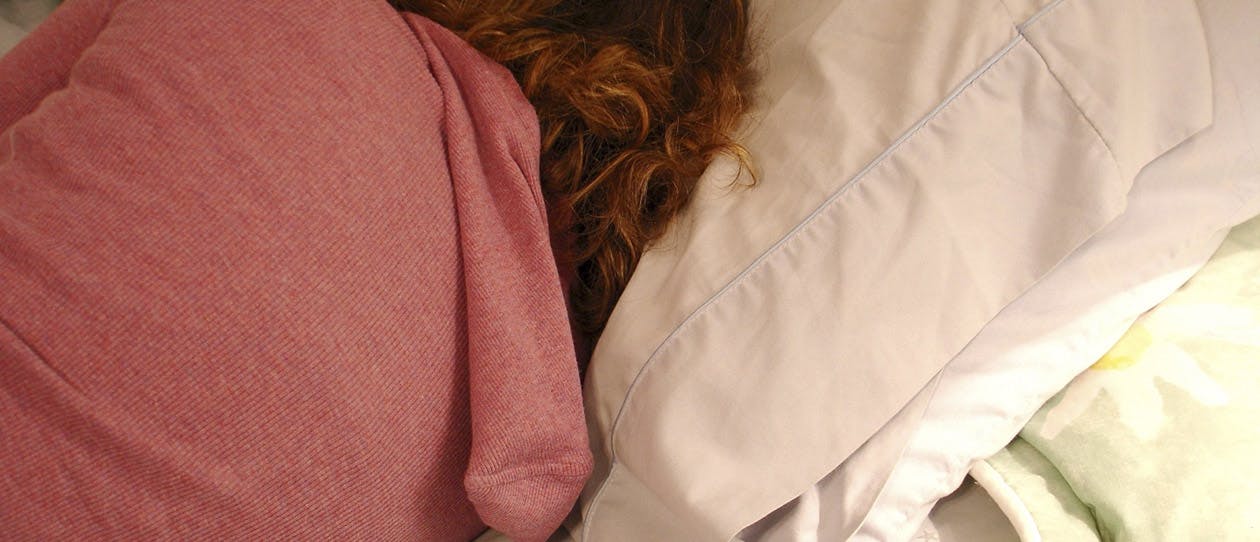
- Health hub/
- Women's health/
- Are hormones taking you on a premenstrual rollercoaster?


Mood swings, intense cravings for chocolate or carbs, clothes feeling a size too small. If this is a monthly recurrence, you may be suffering from the well-known phenomenon of premenstrual syndrome (PMS).
PMS is definitely not a new syndrome. But, most sufferers will want to ask, what can we do about it? Some effective natural methods range from balancing the hormones with herbal remedies, detoxifying the liver and doing more exercise.
What are the symptoms of PMS?
Symptoms of PMS include irritability, anxiety, mood swings, depression, fluid retention, breast pain and headaches, which occur during the seven to 10 days before menstruation. Women may experience various symptoms, not just one or two.
Endocrinologist and research gynaecologist Dr Guy Abraham lists 4 PMS symptom classifications:
PMS A – Anxiety
PMS C – Carbohydrate craving
PMS D – Depression
PMS H – Hyperhydration (weight gain, breast tenderness and abdominal bloating)
Research has shown that hormonal imbalance can be a key culprit for many of these symptoms, especially those involving fluid retention and mood swings, particularly anxiety.
What role do hormones play?
Two major hormones that affect the menstrual cycle are progesterone and oestrogen. Their main function, along with other supporting hormones, is to stimulate ovulation and menstruation, the two major events in the cycle.
In many PMS sufferers, there is an imbalance in the ratio of progesterone to estrogen.
Tame those hormones – naturally!
Try the following lifestyle changes and natural remedies for a smoother journey through your monthly cycle.
-
Hormonal modulation
The herb vitex (Vitex agnus castus) has long been used to modulate hormones, and may improve hormonal imbalances. Vitex needs to be taken for at least three months, or three cycles, before you may notice improvement. -
Liver support
The liver is the body's major organ of detoxification, not only for the chemicals we ingest every day, but also for our hormones. A sluggish and overworked liver will struggle to perform is detoxing duties, which can result in hormonal imbalance.
Herbs such as St Mary's thistle (milk thistle), dandelion root and globe artichoke may help support liver function and, in turn, the detoxification of hormones. -
Increase fibre consumption
Fibre can help to reduce the circulating levels of oestrogen. Boost your fibre by eating lots of fruits and vegetables, legumes, nuts, seeds and whole grains, which are naturally high in fibre. -
Take a probiotic
Healthy intestinal flora may assist the body in getting rid of excess hormones and toxins from the body, giving your liver a break. Probiotic supplements containing Lactobacillus acidophilus and Bifidobacterium bifidum can restore normal gut flora. -
Get moving
Regular exercise can help remove oestrogen from the body, and of course has the great side benefit of improving your overall health.
References available on request




